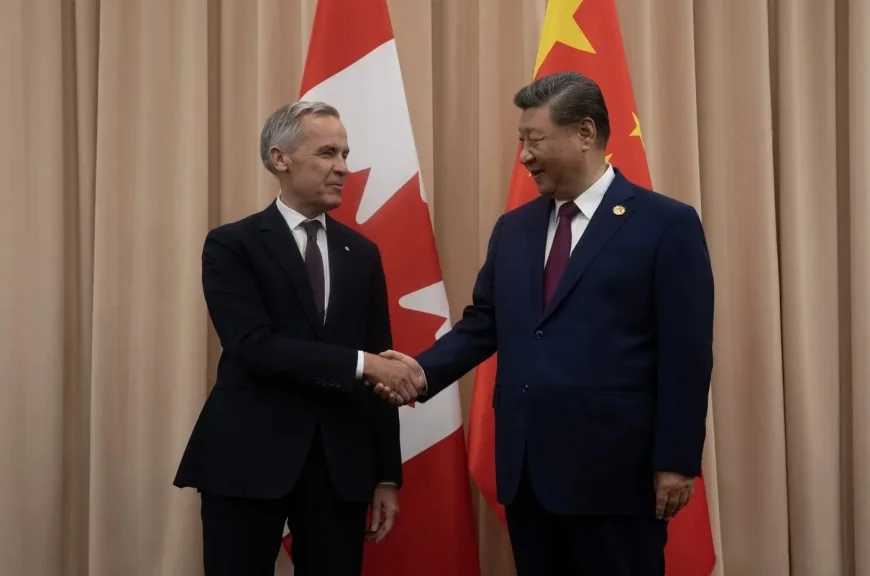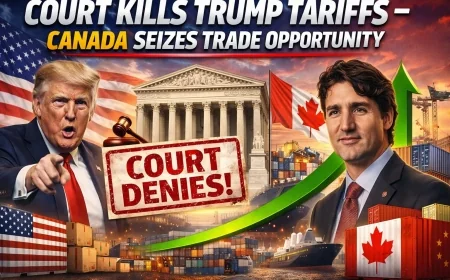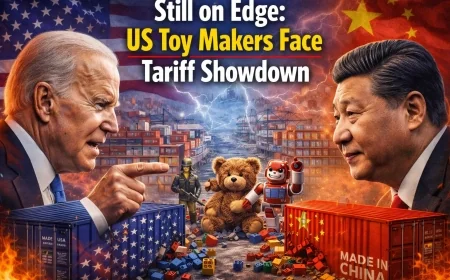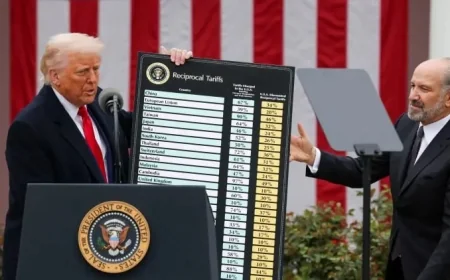carney-xi meeting marks shift in canada-china ties.
Gyeongju — Prime Minister Mark Carney returned from a meeting with Chinese President Xi Jinping on Friday with an invitation to visit China, but no progress was made on trade issues that have been plaguing the two countries' relationship.
Nevertheless, Carney said he was "very pleased" with the outcome.
He told reporters, "Our relationship has now reached a turning point, a turning point that creates opportunities for Canadian families, Canadian businesses, and Canadian workers, while also paving the way for resolution of existing issues."
Carney and Xi spoke for about 40 minutes on Friday afternoon on the sidelines of the Asia-Pacific Economic Cooperation summit in Gyeongju, South Korea.
The Prime Minister said he had accepted Xi Jinping's invitation to visit China, although he did not indicate when. He is expected to visit China when China hosts the APEC summit next year.
The last visit by a Canadian prime minister was in 2017—and it was also the last time the leaders of the two countries held an official meeting.
In a brief statement as the meeting began, Carney praised the constructive cooperation between the two sides over the past several months.
He told Xi Jinping, "Distance is not the way to solve problems, nor is it the way to serve your people with people-centered development, as you have advocated."
Carney did not respond to a question Friday evening about whether the meeting had led to any change in trade relations.
Canadian canola producers, seafood exporters, and pig farmers are facing heavy tariffs from China in retaliation for Canada's 100 percent tariffs on Chinese electric vehicles, batteries, and other goods last year.
China's ambassador to Ottawa recently said that if Ottawa removes tariffs on electric vehicles, Beijing will lift its own.
An official statement from the Prime Minister's Office about the meeting said the leaders instructed their officials to "quickly resolve outstanding trade issues and bottlenecks" and that they discussed sensitive topics including canola, seafood, and electric vehicles.
Xi Jinping's official statement said the two countries should "develop an objective and rational perception of each other, view each other from a correct perspective, and advance bilateral relations in light of the common and long-term interests of both countries."
It also said the two sides agreed to resume or restart exchanges and cooperation in various areas, although it did not specify what these areas were.
Carney has seen a shift in the stance of the Trudeau government, which had labeled Beijing a "disruptive global power" whose values did not align with Canada's in its Indo-Pacific strategy three years ago.
Now, Canada has identified China as a strategic partner in a turbulent world as the government aims to rapidly increase exports to countries that are not members of the Americas.
Relations between Canada and China deteriorated in 2018 when Canada arrested Chinese telecommunications executive Meng Wanzhou at the request of the United States.
China responded by detaining two Canadians, Michael Kovrig and Michael Spavor, a detention Canada stated was arbitrary.
In 2022, Xi Jinping angrily attacked former Prime Minister Justin Trudeau at the G20 summit, claiming his government was leaking information to the media.
Canada's concerns about foreign interference have recently dominated relations. In January, a federal inquiry declared that "China is the most active perpetrator of foreign interference targeting Canadian democratic institutions at all levels."
The investigation report stated that Beijing poses "the most sophisticated and active cyber threat to Canada," citing disinformation campaigns on social media. China has dismissed these claims, saying they lack clear evidence and are merely repeating narratives portraying Chinese people as malicious.
No official statement about Friday's meeting made any mention of human rights concerns or foreign interference.
Speaking to reporters in Gyeongju before the meeting, Jeff Nankivell, president and CEO of the Asia Pacific Foundation, said Canada should continue to raise concerns on such matters, "while also building commercial relationships that are in our national interests and vital to our own prosperity."
In April, Carney described China as "the greatest security threat" facing Canada. But he has since changed his tone drastically. In September, he said that Canada could have "deep dialogue" with China on energy and basic manufacturing, and that Beijing is "very serious and active" on climate change because it is a "country driven by engineers."
Carney has said that China should not interfere in sensitive projects related to national security, and his government is pursuing a foreign policy in the Arctic region that is skeptical of Chinese research in the region, as it often has military applications.

 Like
0
Like
0
 Dislike
0
Dislike
0
 Love
0
Love
0
 Funny
0
Funny
0
 Angry
0
Angry
0
 Sad
0
Sad
0
 Wow
0
Wow
0










































